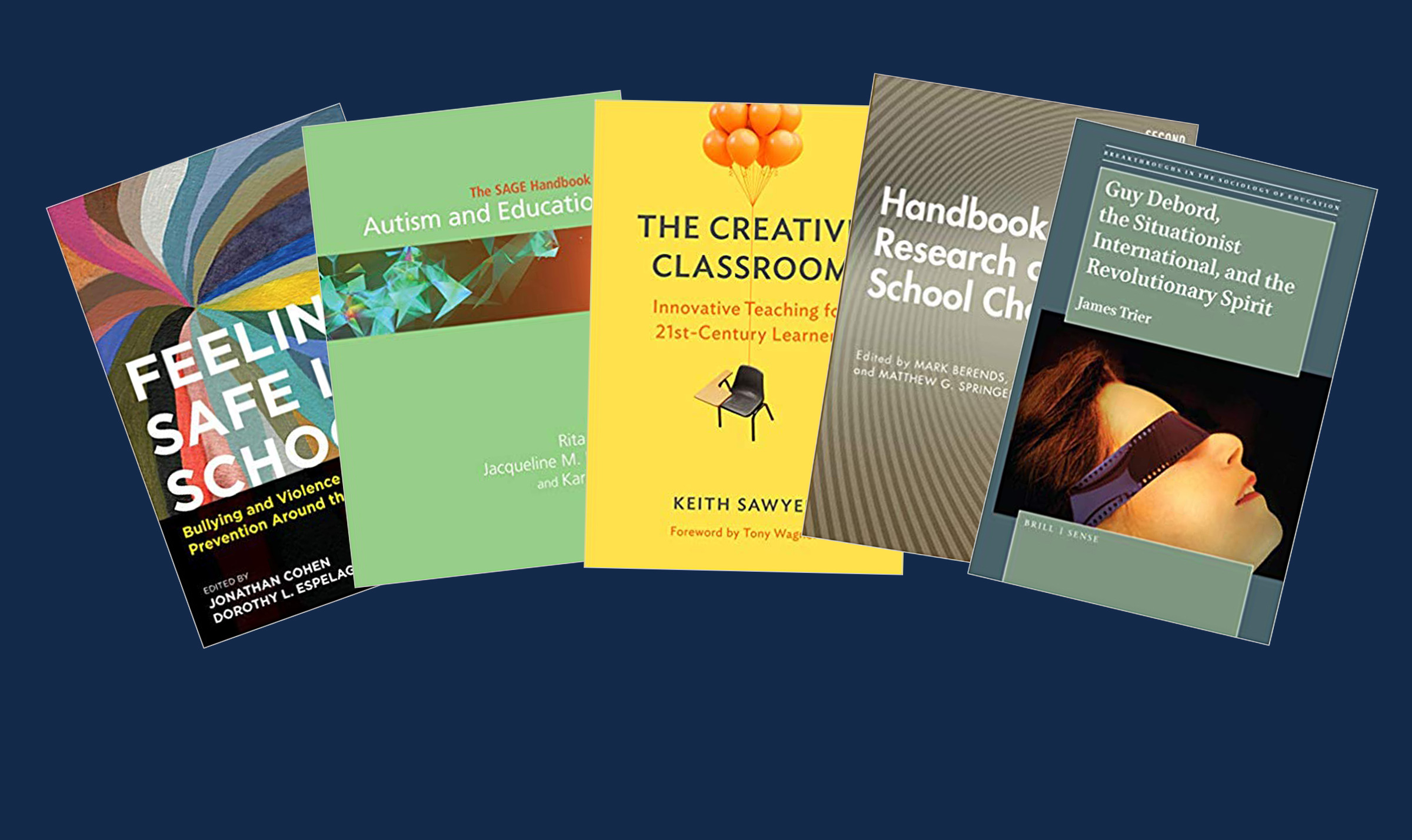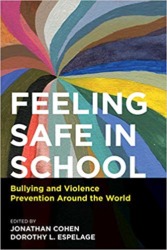
Dorothy Espelage, the William C. Friday Distinguished Professor of Education, is the co-editor of the new book “Feeling Safe in School: Bullying and Violence Prevention Around the World.”
Published by Harvard University Press, the book gathers experts from around the globe to highlight policy and practice recommendations for supporting children and adolescents to feel and be safe in school.
Espelage’s co-editor is Jonathan Cohen, co-president of the International Observatory for School Climate and Violence Prevention, co-founder and president emeritus of National School Climate Center, adjunct professor in psychology and education at Teachers College at Columbia University.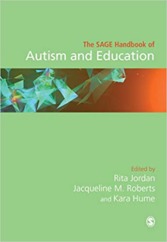
The book addresses social, emotional, and intellectual aspects of safety as well as physical safety, efforts to promote safety and how progress is being measured.
“The SAGE Handbook of Autism and Education,” for which faculty member Kara Hume served as one of the three co-editors, is described as a definitive resource for practitioners and researchers who wish to know and understand current views of the nature of autism and best practice in educational support.
It’s designed as an international handbook with contributions across the world. Hume served as the U.S. editor and co-authored two chapters.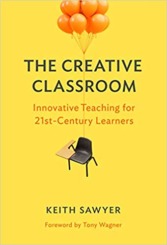
Other contributors with School of Education and/or Frank Porter Graham Child Development affiliations include Sam Odom, Ann Sam, Jessica Steinbrenner, and Jordan McNeill, a doctoral student in Applied Developmental Science and Special Education. Nancy Bagatell and Linda Watson from UNC-Chapel Hill’s Department of Allied Health Sciences also contributed.
Keith Sawyer, the Morgan Distinguished Professor in Educational Innovations, is the author of “The Creative Classroom: Innovative Teaching for 21st Century Learners,” published by Teachers College Press.
Sawyer’s book aims to provide practical, research-proven approaches that can be used by teachers in all subjects to move away from what he calls an “instructionist” mode of teaching in which they simply tell students what they need to know.
The book identifies learning outcomes in several subject areas that support creativity and offers advice for how to teach to those outcomes. It works to show how students learn content-area knowledge, while also learning to be creative in using that new knowledge.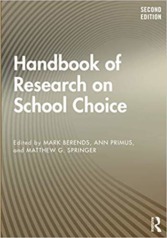
The second edition of “The Handbook of Research on School Choice,” co-edited by faculty member Matthew Springer, the Robena and Walter E. Hussman, Jr. Distinguished Professor of Education Reform, has been published by Routledge Press.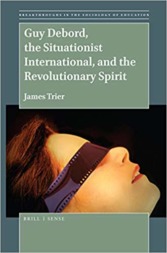
The book is intended to reflect the latest developments and increasing scope of school-based options. It explores historical, political, economic, legal, methodological, and international perspectives on school choice, then examine the research and current state of common forms of school choice: charter schools, school vouchers, and magnet schools.
James Trier has had his new book published — “Guy Debord, the Situationist International, and the Revolutionary Spirit.”
The book was published by Brill in its Breakthroughs in the Sociology of Education series. It presents a history of two avant-garde groups founded and led by French filmmaker Guy Debord: the Lettrist International and the Situationist International, which orchestrated student protests in France during the 1960s.
The book describes approaches and concepts used by the movements to analyze art, politics and culture, which underpinned their theoretical debates about society.
